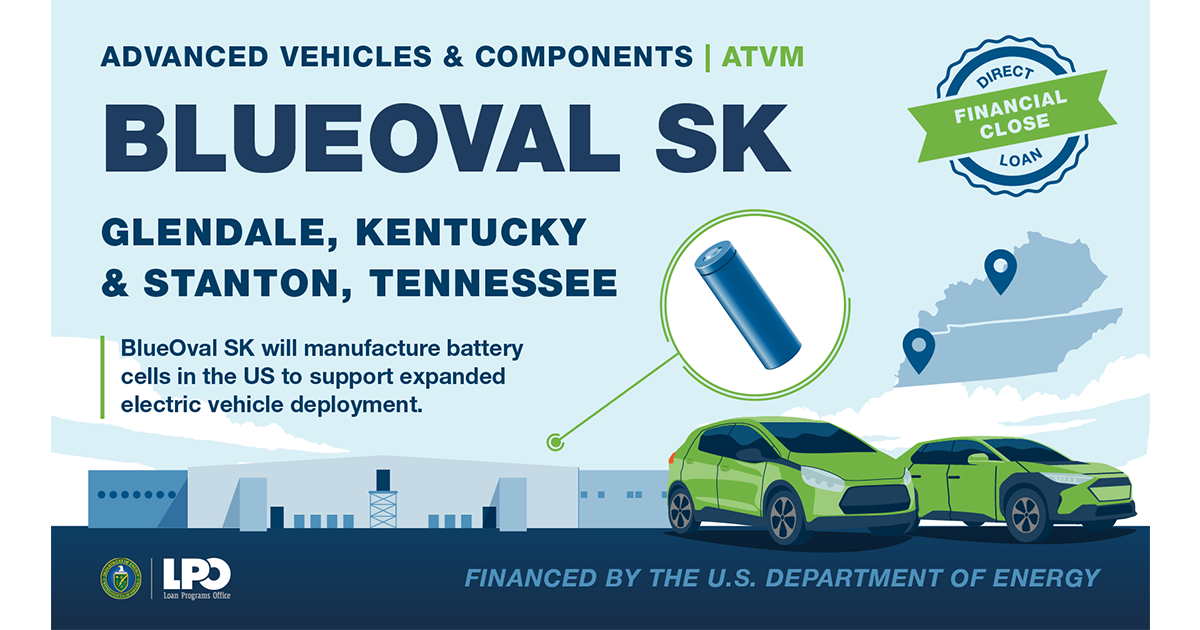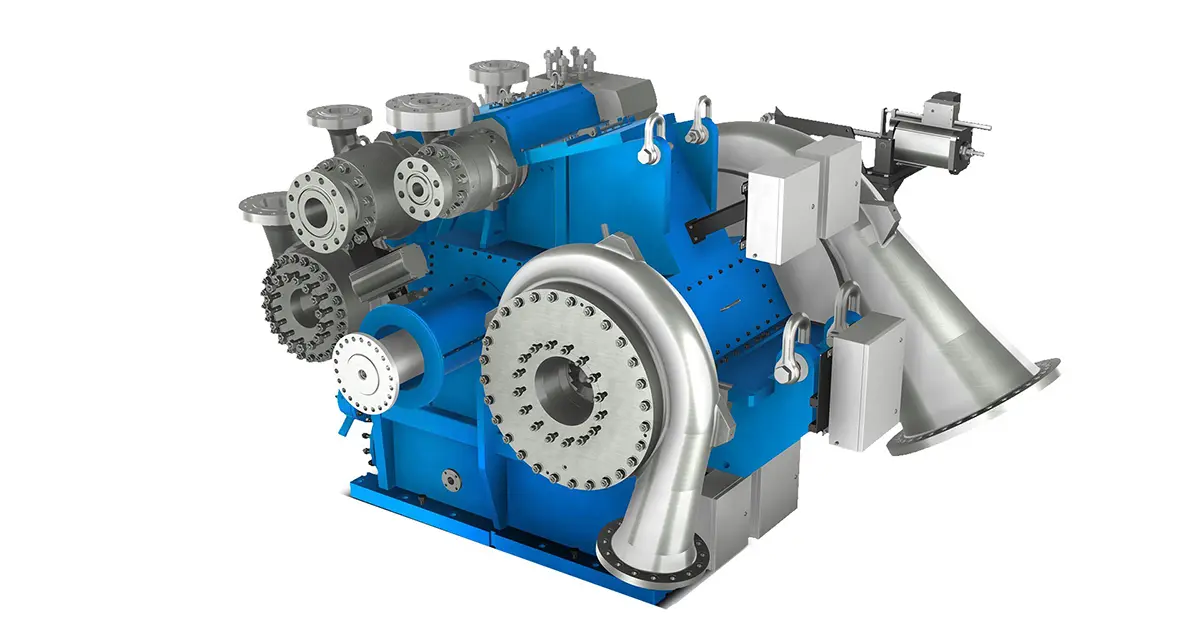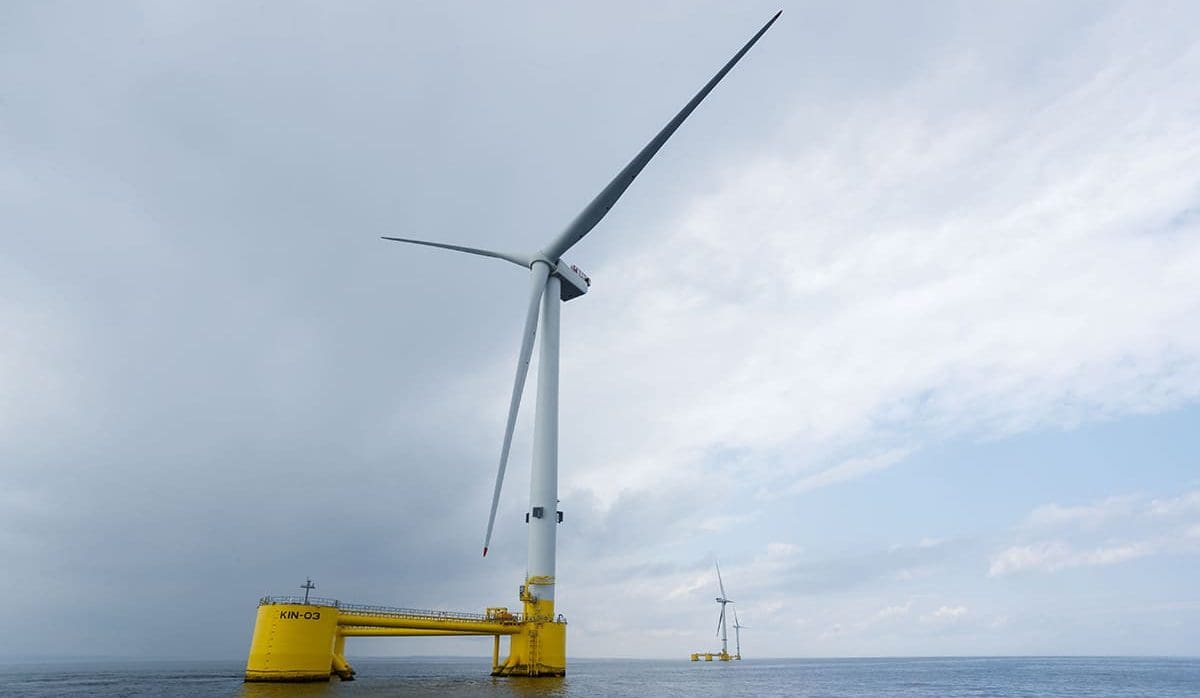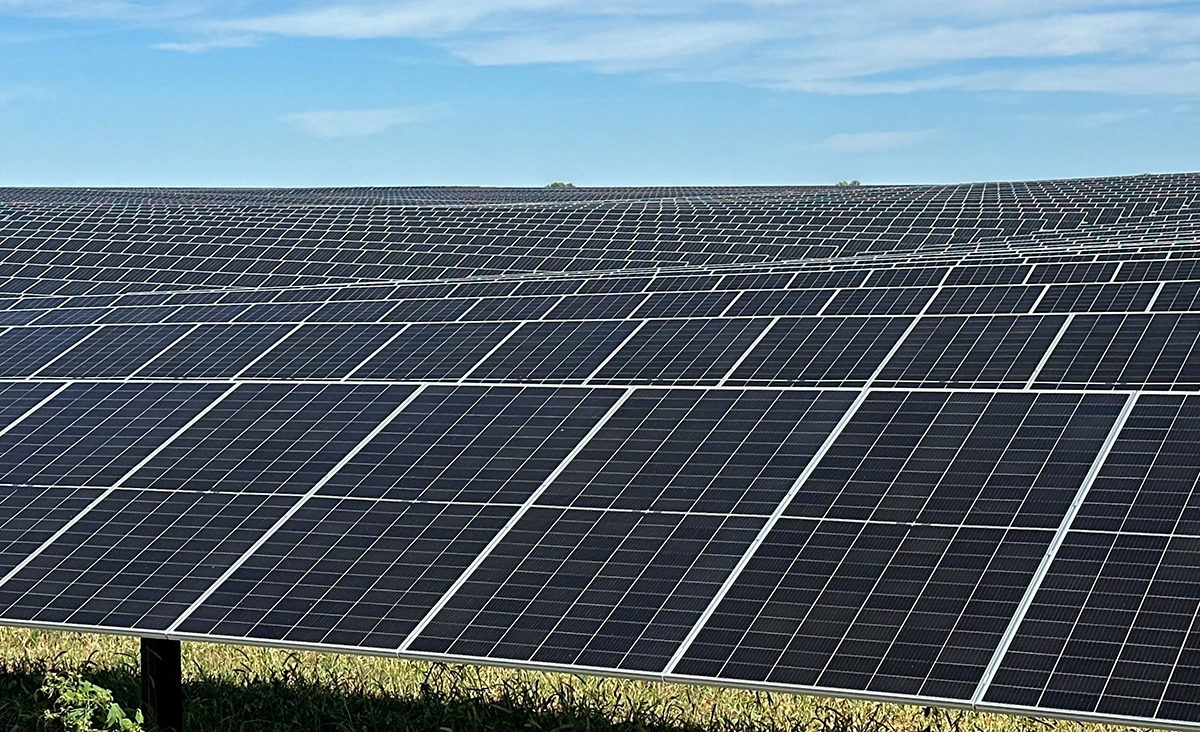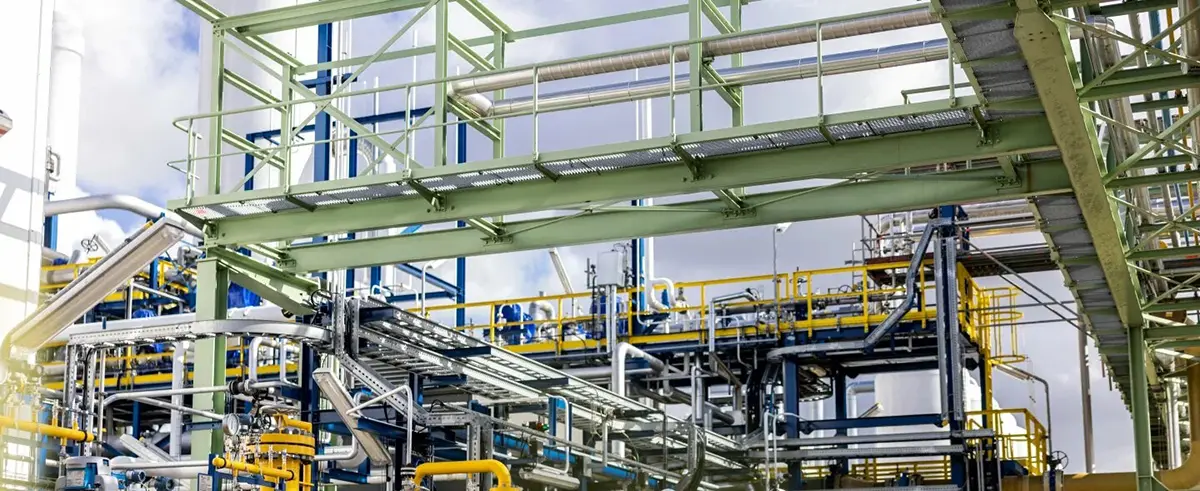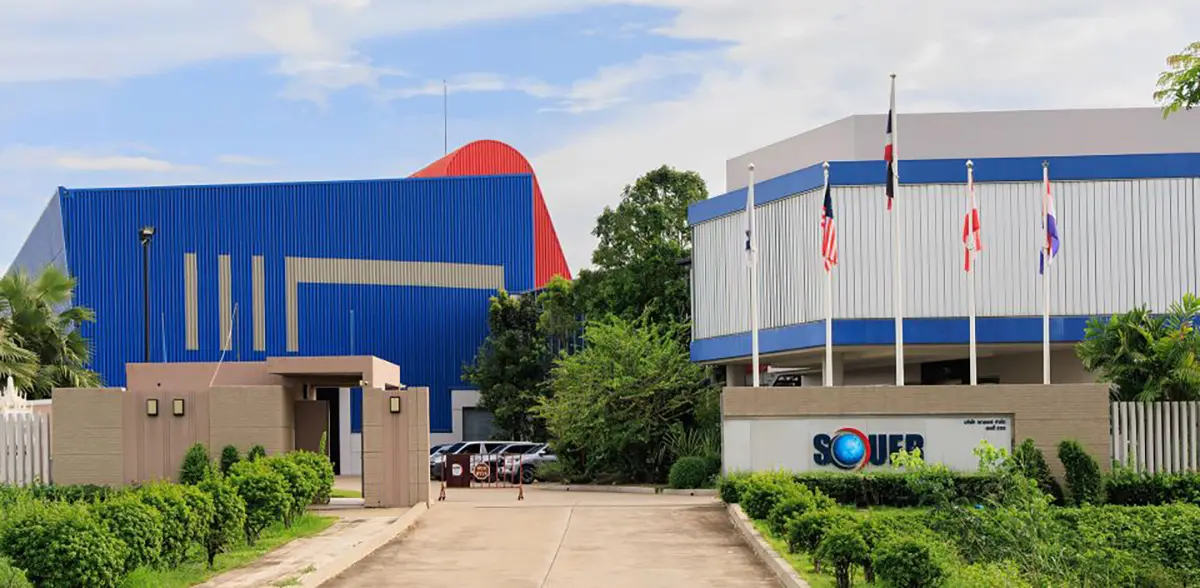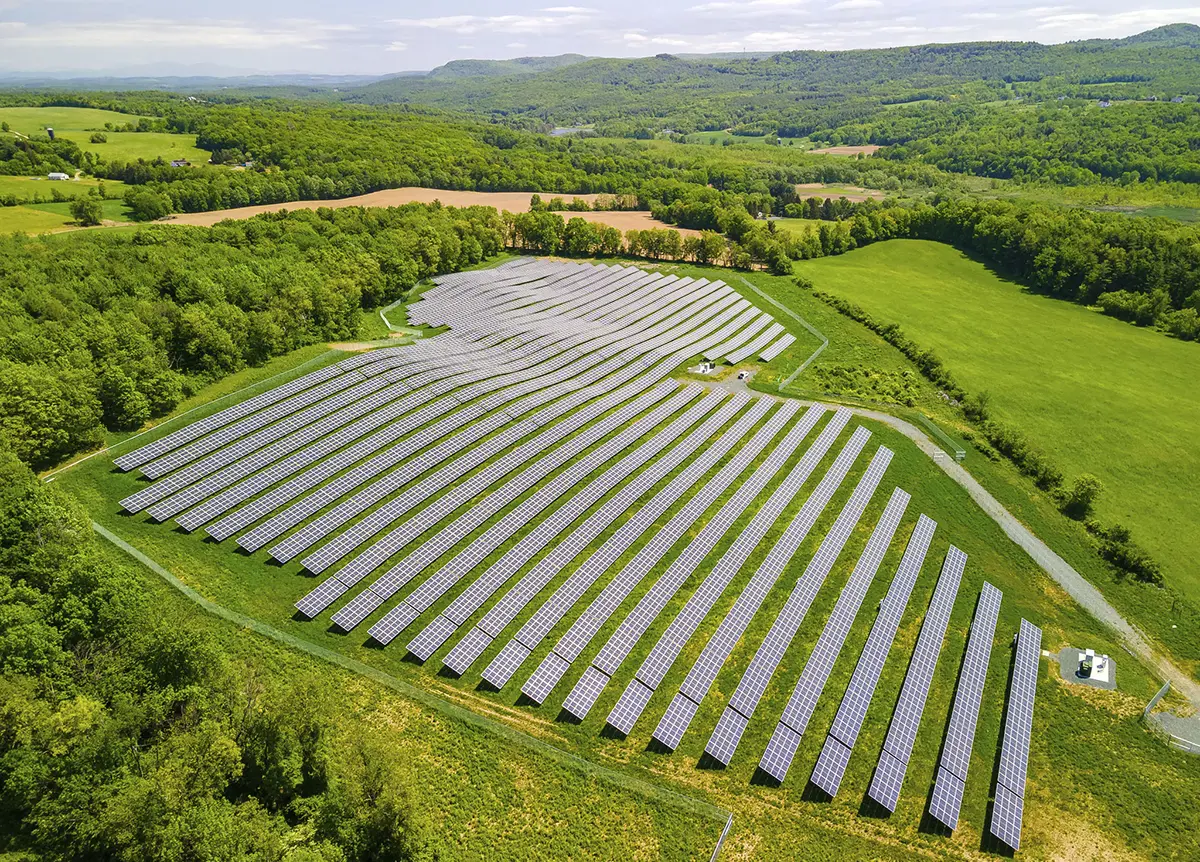
Cummins For New Powertrain Test Facility
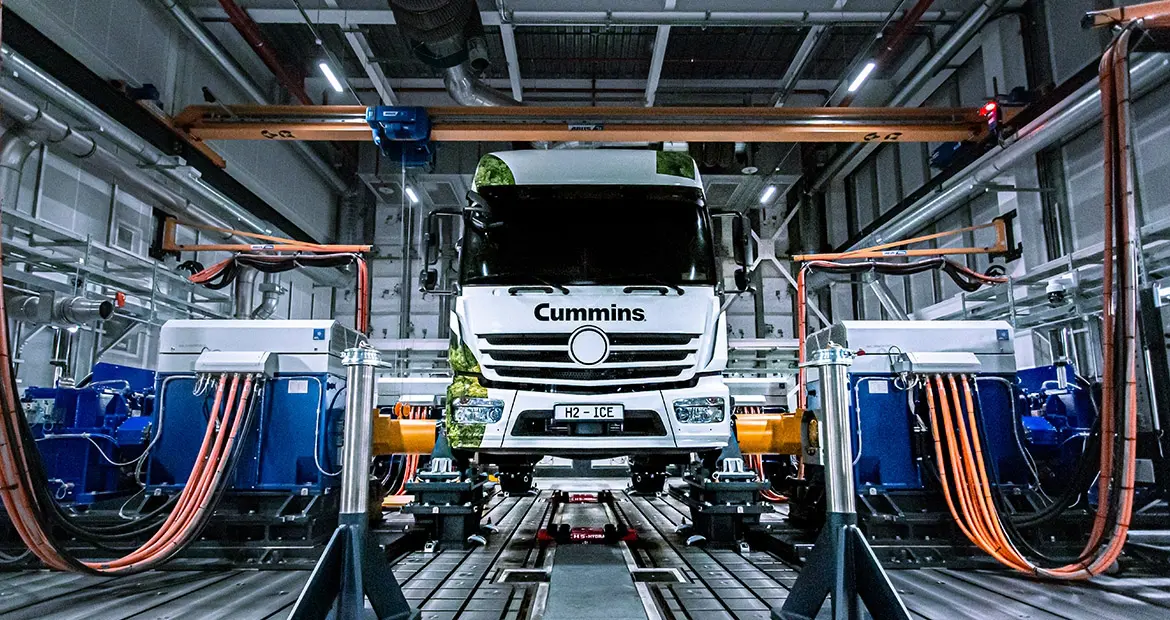
Cummins Inc. announced the official opening of its new, fuel agnostic Powertrain Test Facility at the Darlington, UK, campus. An expansion of its European Technical Operations function, the new facility gives Cummins greater capacity to leverage ultra-low and zero-emissions power technologies as the industry focuses on reducing greenhouse gas contributions and improving air quality.
The Powertrain Test Facility expands Cummins’ current engine testing capabilities and will test full powertrains running on advanced diesel, natural gas, zero-carbon hydrogen fuel, and battery electric technologies. The facility will support the development of a wide range of Cummins and Accelera products including internal combustion engines for Euro 7 and Stage 6, fuel cells and batteries, as well as key components like axles and e-axles.
Following an investment of more than US$16.7 billion, the 7944 sq.ft. (738 m2) two story facility significantly increases Cummins’ testing capacity with new facilities. This includes fully robotic driving with manual or automatic transmission, road grade and load simulation, wheel-slip simulation, and engine duty cycle recreation.

“It is a key part of our Destination Zero strategy to reduce the greenhouse gas and air quality impacts of our products, helping our customers in their energy transition, whatever solution they chose,” said Jonathon White, vice president of engine business engineering.
Cummins engineers are expanding their capabilities using highly advanced dynamometers to test chassis-installed powertrains. Previously focused predominantly on engine testing, they can now develop full drivelines for on-road use, from compact SUV size to 44-ton [39.9-tonne] trucks and double-deck buses, plus off-road use in construction and agricultural machines. These can be two or four-wheel drive.
“Cummins’ broad powertrain engineering capability paves the way for the adoption of cleaner technologies while advancing drivability, performance, efficiency, and sustainability as well as minimizing operational costs,” said White. “It also supports compliance with regulatory standards such as the upcoming Euro 7 and carbon dioxide heavy-duty vehicle regulations.”
The new facility will support the development of cleaner power solutions and provides local environmental benefits as part of its daily operation. The advanced dynamometers feature energy recovery systems to generate electricity that can be used across the Cummins site and reduce the impact on the local grid. Additionally, water consumption is reduced by harvesting rainwater, using a similar system already in place in the engine plant.

